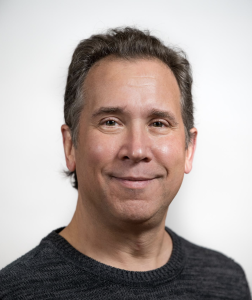Presented by:

Mark Guzdial
“Computer science” was invented as something that should be taught to everyone in order to facilitate learning other subjects and to reduce the danger of having this powerful new technology controlled by only a few. Computing education has not become the democratizing force that early computer scientists imagined. Only a privileged class understands and creates a critical part of our world. To achieve the original democratic goal, we have to change how we teach computing, change what we mean by programming, and support alternative end-points for computing education. In this talk, I introduce the University of Michigan’s Program in Computing for the Arts and Sciences and our first classes which use teaspoon languages and Snap! to broaden access and participation in computing to include students in arts, humanities, science sciences, and natural sciences. The talk includes demonstrations and links to resources for other computing teachers who want to teach computing for all, not just for software development.
- Date:
- 2023 July 19 - 18:00 CET
- Duration:
- 1 h
- Room:
- Auditorium (Online)
- Conference:
- Snap!Con 2023
- Type:
- Keynotes
- Presented via:
- In person